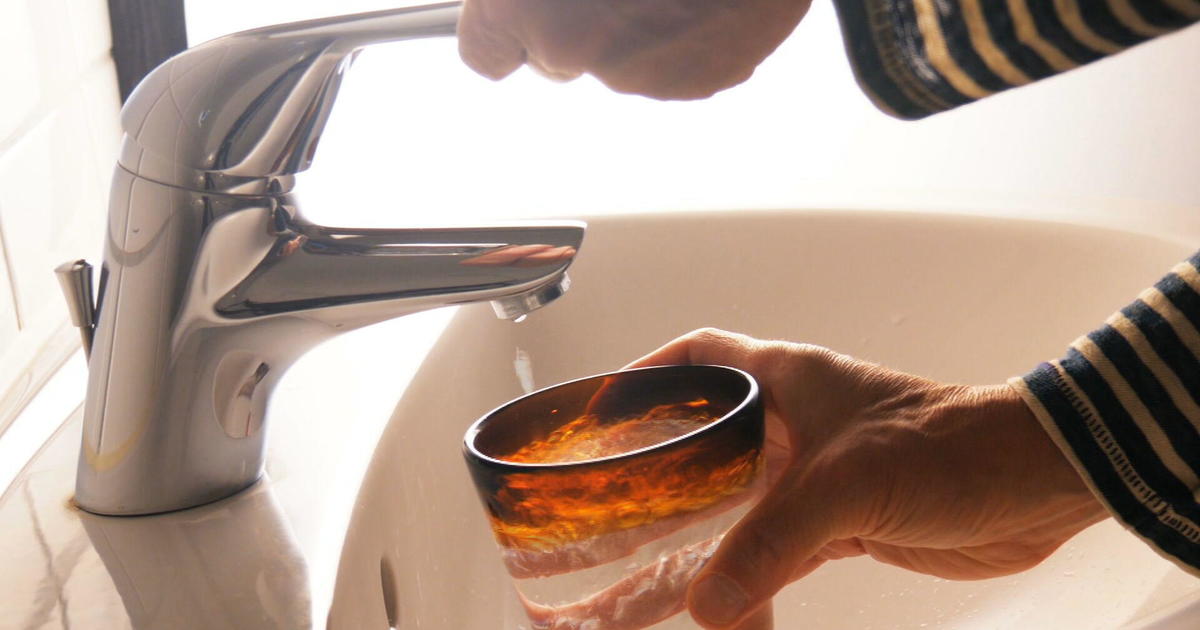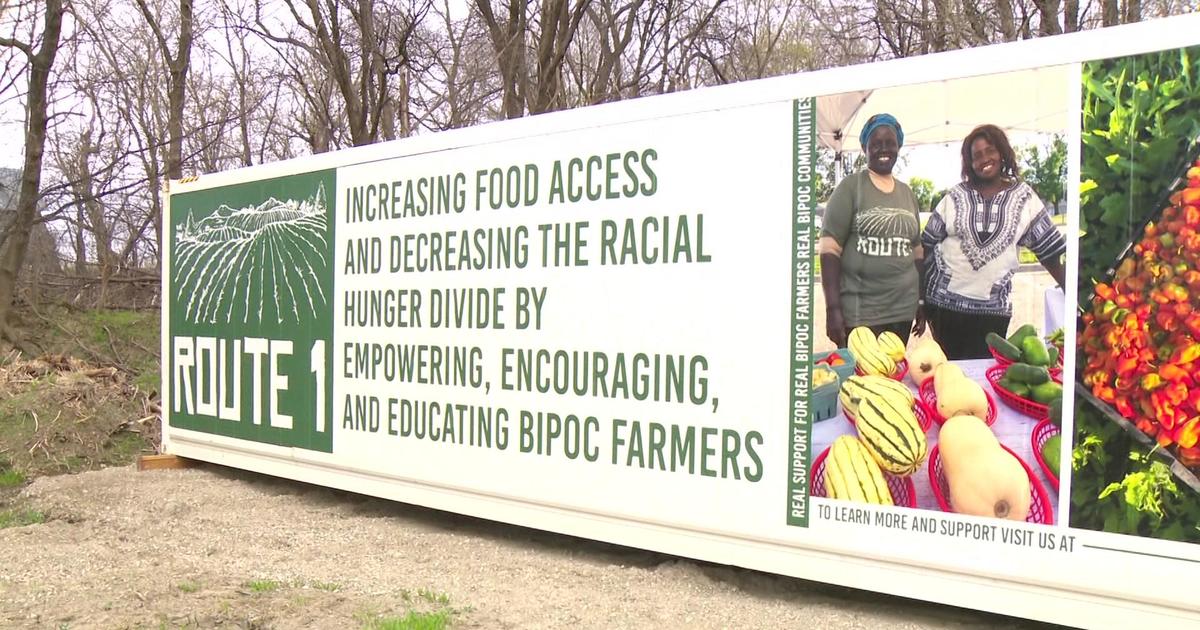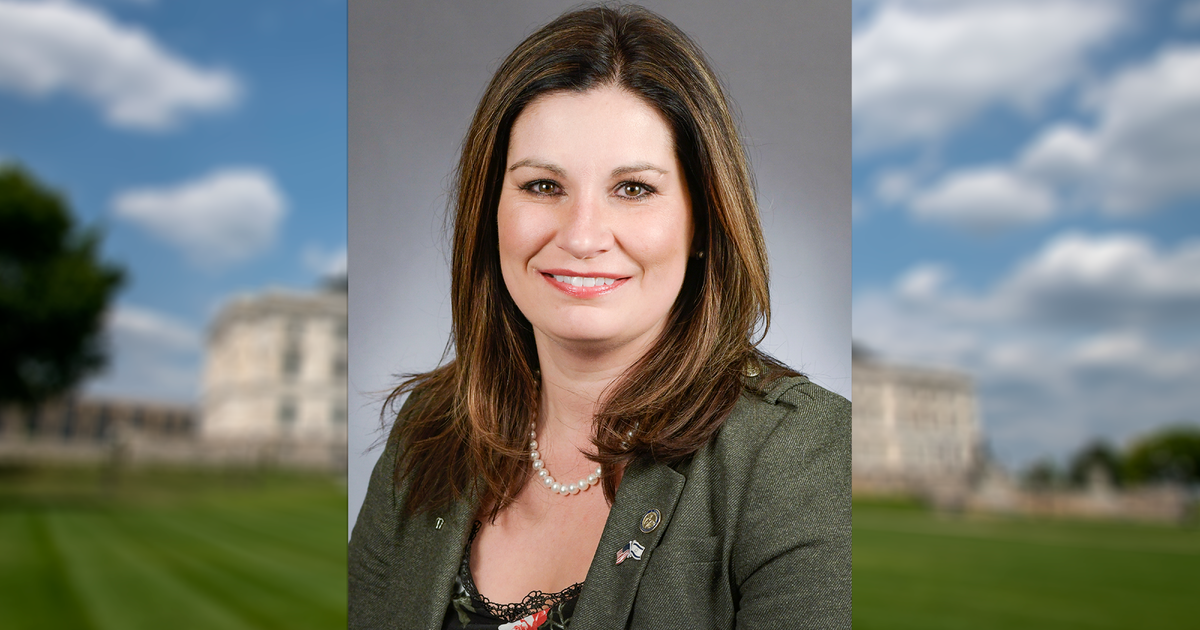Minn. House Considers $322M Budget Plan
ST. PAUL, Minn. (AP) --Minnesota's Democratic-controlled House is considering a budget that spends another $322 million of the state's surplus.
Before discussion of the package began on Thursday, DFL leaders touted increased money for K-12 schools, caregivers for the elderly and disabled and roads battered by winter. They also highlighted a project to expand statewide access to high-speed broadband.
"These are the things Minnesotans treasure," House Speaker Paul Thissen, DFL-Minneapolis, told reporters.
The spending would be adjustments to a roughly $39 billion, two-year budget adopted last spring. Next up is the Senate's plan, which could be approved as early as Monday. Members of both chambers would meet to resolve differences before a package goes to Gov. Mark Dayton.
Minnesota's budget picture has brightened over the past year, with a strengthening economy and rising tax collections leading to an estimated $1.2 billion surplus. State lawmakers have already put about half that toward tax relief and expanding a rainy-day reserve fund.
Democrats touted the $75 million going to Minnesota's public schools. Part of that money will help pay for teacher-evaluation costs.
The cash infusion also includes $3.5 million to ensure that all students who want a hot lunch receive one. A February report by Mid-Minnesota Legal Aid found that some students who couldn't afford a lunch were refused a meal. The revelation outraged Dayton and other lawmakers.
And lawmakers added another $58 per pupil, for a total of $5,864 for each student, according to the state's core funding formula.
"We're going to close the achievement gap and create the world's best workforce," said Paul Marquart, DFL-Dilworth.
Rep. Kelby Woodard, R-Belle Plaine, thought that was good, but he wanted to go even higher, to another $65 per pupil.
"The real goal is to graduate intelligent people," Woodard said.
The $91 million allocated for workers caring for the elderly and disabled would help guarantee competitive pay and reduce turnover among the 90,000 who serve those living in home- and community-based settings, not nursing homes.
Before the floor debate, Thissen also lauded the extra $15 million Minnesota cities and counties would get to repair potholes, "which I think all Minnesotans are living with these days."
Another $10 million would go to repair winter damage done to state highways.
Some felt it was too little. Anne Finn, a lobbyist for the League of Minnesota Cities, said permanently fixing a pothole costs about $1,300 each.
"When you spread the money out among Minnesota's 853 cities, it's not going to go very far," she said.
And Rep. Michael Beard, R-Shakopee, introduced an amendment that would restructure the pothole-repair fund to apply to smaller towns.
"Then all Minnesota communities, even those with a population less than 5,000, would get to use the money," Beard said. Both Beard's and Woodard's proposals went down as part of a broader amendment that was rejected early in the debate.
Thissen said the $25 million investment into providing fast broadband access throughout Minnesota will create jobs.
"We've heard from people from all over the state of Minnesota who are working in this area, particularly businesses, that one of the reasons they can't expand or have difficulty expanding in certain parts of the state is that they can't get access to high-speed broadband," Thissen said. "So really this is about creating equality across the state."
(© Copyright 2014 The Associated Press. All Rights Reserved. This material may not be published, broadcast, rewritten or redistributed.)



